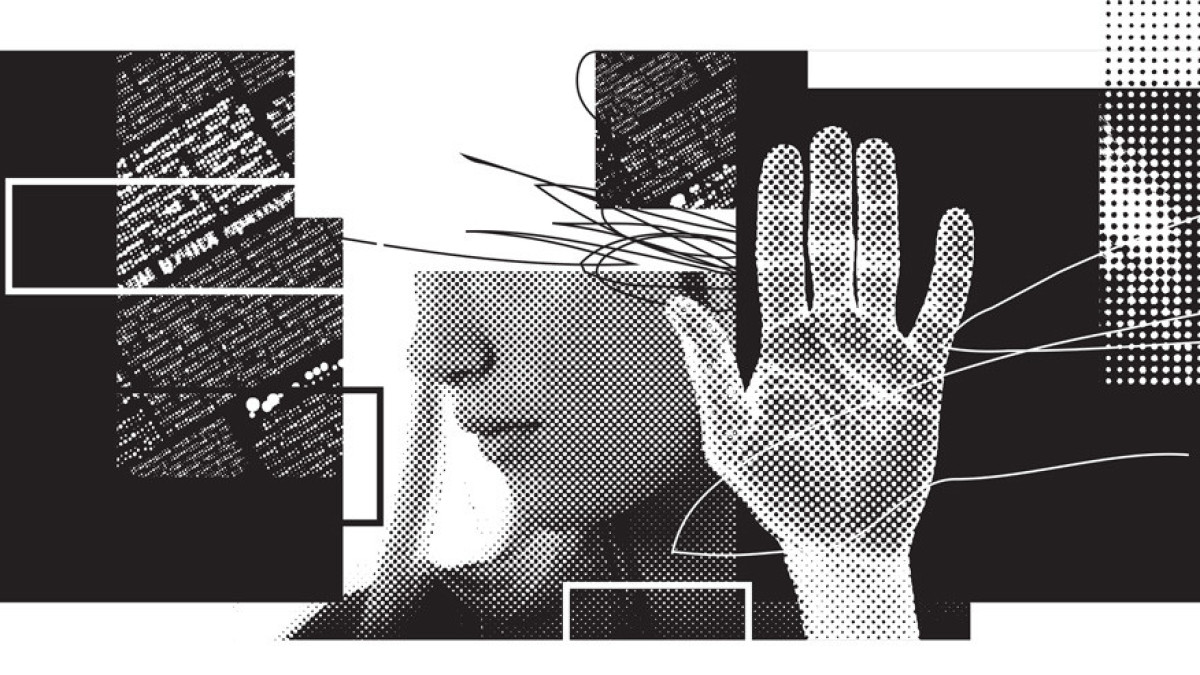
Race and the Gospel, Part 3
How believing that our worldview is “right and normal” (as opposed to the worldviews of others) becomes a barrier to reconciliation.
One crucial step in the process of reconciliation is recognizing that my view of the world, and of even Scripture itself, is not a universal truth. While the Bible is inspired, inerrant, authoritative and sufficient, my fallenness, feebleness and worldview can keep me from understanding it.
In this five-part video/blog series, we will consider the reality of racism and what it means for us as the Church. In previous weeks, we looked at how our churches are divided along racial lines and why it’s crucial to acknowledge the past. This third blog post will examine how believing that our worldview is “right and normal” (as opposed to the worldviews of others) becomes a barrier to reconciliation.
Blindspots: Normative Thinking
Normative thinking is a barrier to reconciliation within the church, but the power of God can overcome it.
In our journey toward reconciliation, we must recognize that each of us operates from a particular worldview. And our worldviews are shaped by our different lived experiences. How we see the world, even how we read the Scriptures, is influenced by our worldview.
One way we are kept from true unity with our brothers and sisters of different racial and ethnic backgrounds is the act of assuming our own way of thinking to be “right and normal.”
When we believe that we are right, it necessarily means that every other way of thinking and seeing is flawed and faulty. When we believe that our way of thinking and seeing is normal, we end up categorizing every other way of thinking and seeing as “alien” and “other.”
As long as we continue to view people as “other,” and see their way of thinking as wrong, we will continue to hold them at arm’s length.
When Michael Brown was killed by Officer Darren Wilson in Ferguson, Missouri, one thing was clear: the stark difference between how white brothers and sisters and black brothers and sisters viewed the situation.
Many African Americans within the body of Christ felt deep pain in response, and it was difficult for many white brothers and sisters to empathize with, or even understand, that pain. What resulted was heightened racial hostility, both inside and outside the body.
It is difficult for us to “weep with those who weep” (Romans 12:15) when we cannot understand their reason for weeping, or when we think their reason for weeping is somehow unfounded. Even when we cannot fully understand, breaking down the barrier of normative thinking requires us to listen. As James urges us: “Let every person be quick to hear, slow to speak, slow to anger” (James 1:19, English Standard Version).
As disciples of Jesus, we are called to be people of compassion. The word compassion literally means “to suffer with.” Entering into the place of suffering with another requires that we seek to recognize and understand what has shaped their worldview and their experience of pain.
When we believe we are right, it means that every other way of thinking and seeing is flawed and faulty.
My reality is not the only reality out there, just as your reality is not the only reality. Walking in another person’s shoes means that we step into their skin and try to see from their perspective as much as possible. Biblical unity calls us to this way of relating to one another.
We have a Savior who is able to identify and feel with us in every way (Hebrews 4:15) because He became human, putting on flesh. The incarnation of Christ is the personification of humility—the same type of humility we must carry into the work of racial justice and reconciliation. A Spirit-empowered humility.
Part of recognizing the diversity within the body of Christ lies in understanding that we all come from different places and have had different experiences. The different ways of thinking and seeing that God has brought together in Christ become a beautiful mosaic meant to reflect the glory of God. When we refuse to acknowledge other ways of thinking and processing, we deny something of the beauty of the family of God.
While normative thinking remains a barrier to reconciliation within the church, the power of God is able to overcome it.
Discuss this post with others on your leadership team or in your small group, and ask:
1. We all view the world through a particular set of lenses. Why is it important to know you have a worldview and understand what it is?
2. What steps can you take to seek understanding of the worldview of a person from another ethnic/cultural background?
Read Part 4: “Solutions: The Power of the Gospel”
Send a Response
Share your thoughts with the author.